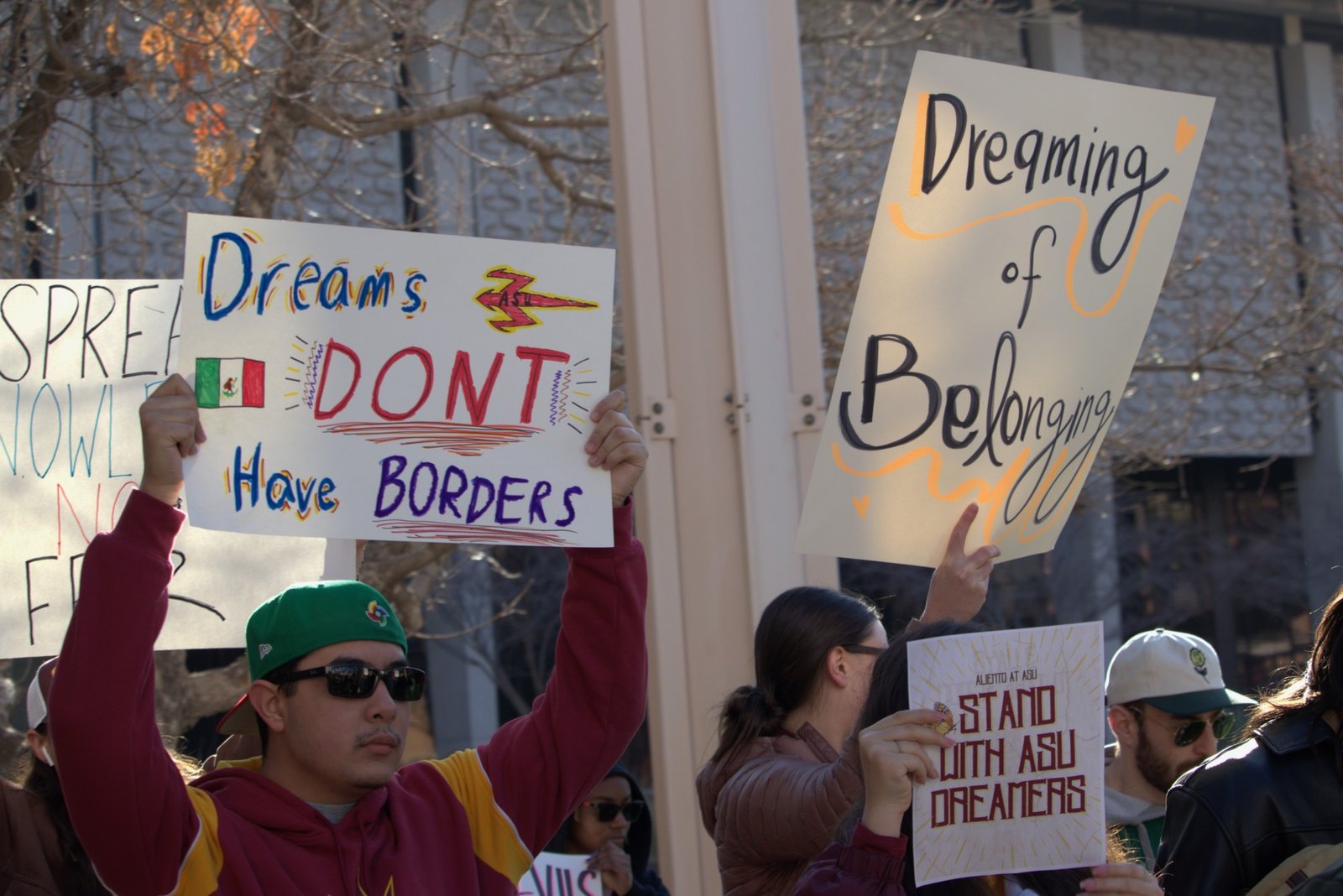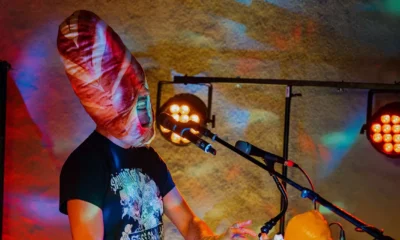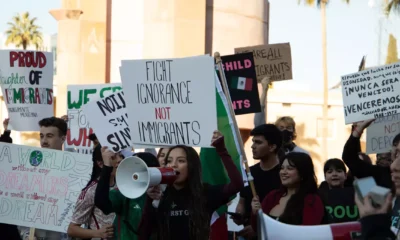Arizona State University
Don’t Mistake Patriotism for Hate at ASU

On January 31, students at Arizona State University (ASU) made their voices heard, chanting “Get ICE off our campus,” as a protest unfolded against a College Republicans United (CRU) event. Many students displayed signs quoting ASU’s charter, emphasizing inclusion and community. The CRU event focused on encouraging the reporting of undocumented students to Immigration and Customs Enforcement (ICE).
Richard Thomas, the founder of CRU, attempted to frame this campaign as civic responsibility. Their messaging on social media sites suggested a noble intention to raise awareness of the duty to report crimes. However, that assertion has drawn significant criticism.
Critics argue that the echo of historical injustices looms large in such calls for vigilance against neighbors. The demand to report individuals under the guise of civic duty recalls the disturbing requirements of the 1850 Fugitive Slave Act, compelling citizens to assist in capturing runaway slaves. Activists contend that these calls do not prioritize justice but rather aim to instill fear and division within communities.
The underlying message resonates with a troubling agenda. This atmosphere of mistrust can compel marginalized individuals to feel unwelcome and unsafe, pushing them to consider leaving the country. Groups like CRU openly embrace an ethnonationalist ideology, focusing on opposition to immigration and multiculturalism.
Such tactics are increasingly viewed as attempts to enforce a narrow vision of American identity, often manifesting as racial profiling. The deflection from lawful enforcement to societal exclusion raises questions about fundamental moral values.
In light of these events, one might ponder the true essence of citizenship. Renowned writer Henry David Thoreau once suggested that human dignity should supersede national allegiance. Today, that notion calls for a reevaluation of our collective values.
While CRU’s ideology may align with some prevailing governmental policies, the moral weight of such “civic duties” is contentious. Thoreau once urged citizens to question their allegiance to a state that does not protect the dignity of all its inhabitants. Supporting demands that necessitate racial profiling in the name of legality does not absolve individuals of their personal ethical responsibilities.
Isaiah Alvarado, CRU’s president, described the protest as a demonstration of love for the American nation, insisting it is not rooted in hatred. Yet, this love appears intertwined with sentiments that many find discriminatory. This highlights a troubling trend: the misunderstanding that nationalism can justify exclusionary practices.












![Councilmembers Vincent Manfredi, Eric Goettl and Mayor Nancy Smith review the proposed 2025-2026 fiscal year capital improvement projects during a Budget and Finance Subcommittee meeting on Feb. 6, 2025 at city hall. [Monica D. Spencer]](https://arizonanews.org/wp-content/uploads/2025/02/City-Plans-Bold-778-Million-Infrastructure-Overhaul-for-Roads-80x80.jpg)





